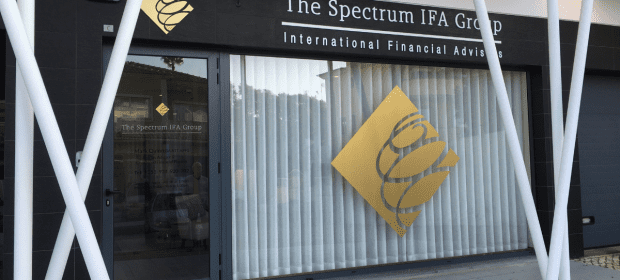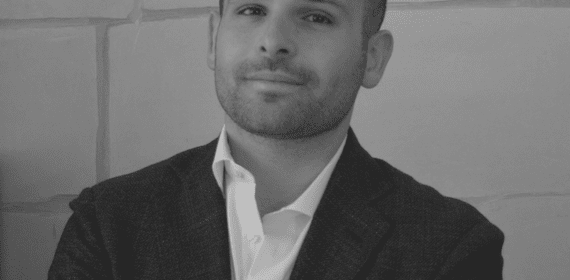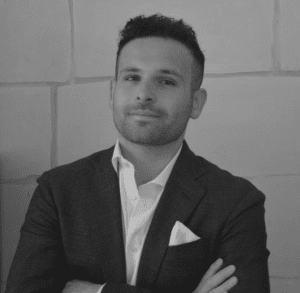I am not sure why, but during those 2 years, I also decided to jump ship to another company, and after 1 year with a firm which was destined to failure from the start, I ended up meeting Michael Lodhi, CEO of The Spectrum IFA Group, with a view to taking on a position in either Barcelona or Amsterdam, and travelling from Italy a few times a week.
The conversation (abbreviated here), over a meal and wine, went something like this :
ML> “Gareth, tell me about your work in Italy.”
G> “There is no infrastructure for foreigners living here, unlike France and Spain, no serious tax or financial planning service, people are looking for professionals but can’t find anyone. I think there is a business here but it will take a few years to build.”
ML> “Hmmmm…it seems like you know the market here in Italy. Why don’t you open, build and manage our first move into the Italian market?”
G> “Well that’s what I was really wanting – deal!”
And so that was my start with The Spectrum IFA Group. I now had an idea of what I wanted to build and how I wanted to do it and I had the support to do it the way I knew it should be done.
During that period, and much before, the English speaking community in Italy were mainly being contacted by cold call by firms that would trip in and out of the country to pick up a client here and there, but there was no permanent and serious presence. I had done cold calling myself in the past but I hated it as an approach to prospective clients. It is called COLD calling for a reason. So I decided to take a closer look at the stats behind it. I found (not surprisingly) that the success rate from cold calls to taking on a new client was about 1%, if you were good!
It wasn’t long after when someone challenged me about how I was going to build the business in Italy if I wasn’t going to cold call. I turned the question around and asked: if cold calling brings, let’s say, a 5% success rate and you focus on this as your main way to contact clients, what exactly do you do with the other 95% who refuse the call? I explained that this was where I would be focusing my energies, and I did.
I estimate it took me 2-3 years of holding conferences around Italy, meet-ups with anyone of interest, writing numerous articles for magazines and websites and continuing my own E-zine newsletter, doing drop in financial planning clinics, speaking with numerous commercialisti and lawyers and spending hours in the car covering 100,000s km. All the time making the commitment that unless I was doing a 2 or 3 day event then I would return home to my wife and son at the end of every day, no matter what time I got home.
I didn’t think much about it at the time, but when I look back, I realise just how much I achieved in a short space of time and boy oh boy I learned some lessons in the meantime. I often say to people who contact me with a view to moving to Italy, “you don’t need to worry about making loads of mistakes because I have made them all for you, and paid the price already. If you follow the necessary steps I have laid out, your chances of running into trouble with the tax authorities are very small indeed”. I paid dearly for not taking the right advice in my first years of incorporation in Italy, and not understanding clearly what professionals had told me.
But, after the personal and work struggles of those years, things started to get easier. My name was now being passed on to friends and family members, my online content was, and still is, being discovered and my commitment to staying away from cold calling and building a strong online presence started reaping rewards. I had finally built the foundations of the business that I had always wanted.

























